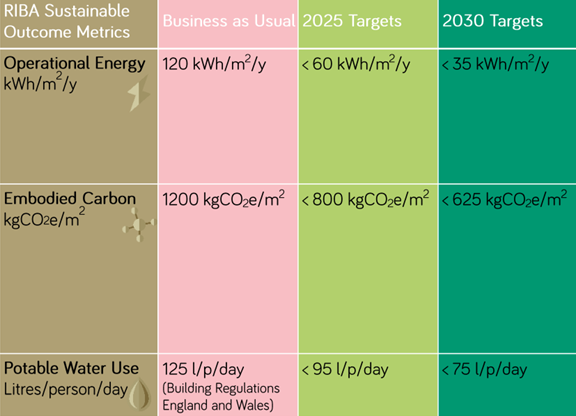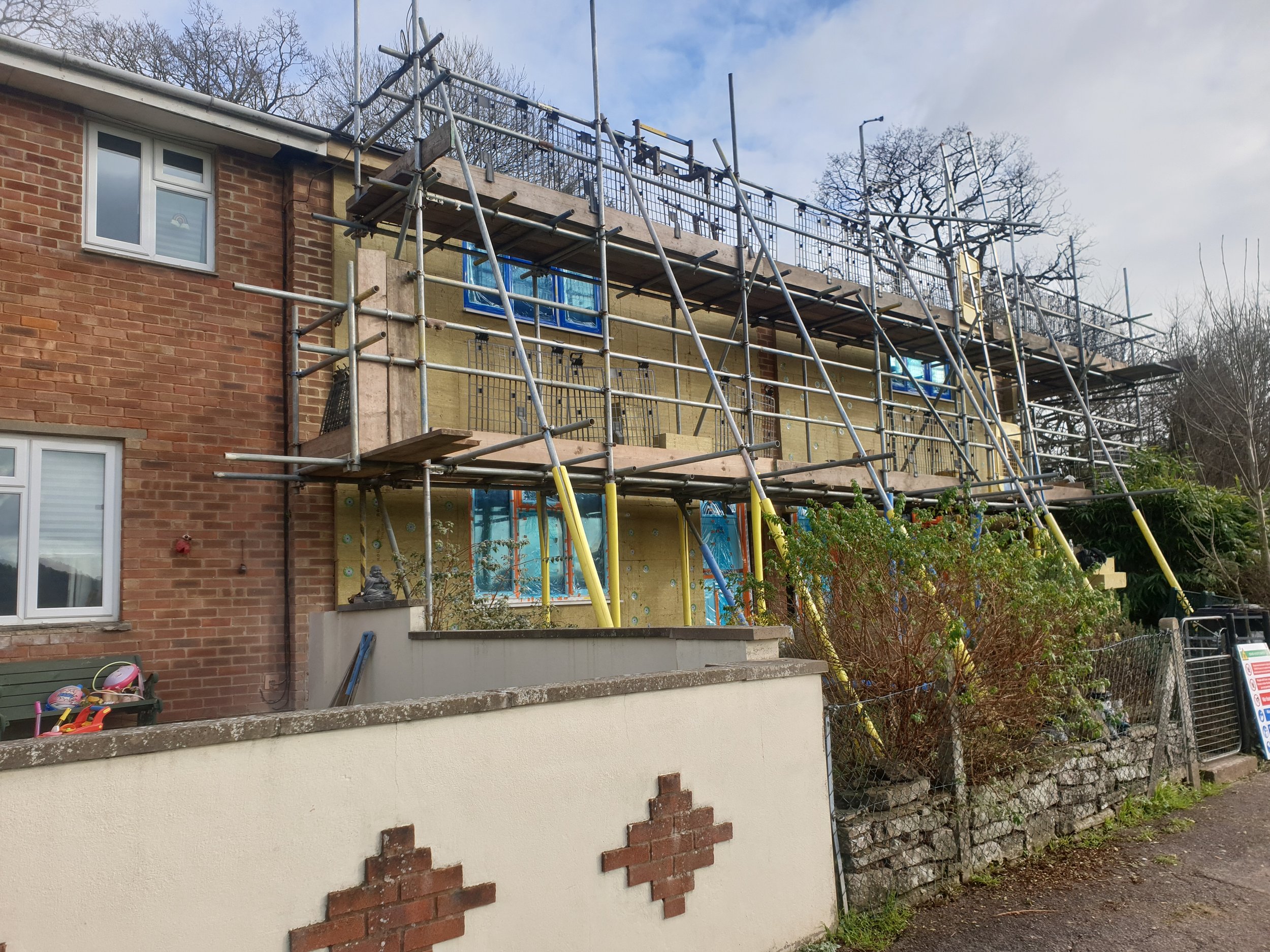gcp are pleased to announce their partnership with Octopus Energy as a Zero Bills Certified Assessor.
This builds on our strong heritage of sustainability within the built environment by targeting Net Zero and reducing bills for occupants.
The Octopus Energy website introduces Zero Bills as a tariff which “enables customers to move into homes that are fully kitted out with state-of-the-art green tech – including a heat pump, a battery and solar panels – with no energy bills guaranteed for 5 to 10 years”
Zero Bills aligns with and surpasses the proposed Future Homes Standard which seeks to improve sustainability regulation in the UK. Learn more about the Zero Bills strategy here - https://octopus.energy/press/octopus-launches-global-zero-bills-standard-for-energy-bill-free-living/
At gcp we can undertake detailed energy assessments (SAP/PHPP) and whole life carbon assessments to ensure our designs are as sustainable as possible. Zero Bills now offers the cherry on the cake which guarantees no energy bills for occupants.
If you are interested to learn more about Zero Bills or how gcp can support your sustainability goals, please contact matt.bonney@gcparch.co.uk
































